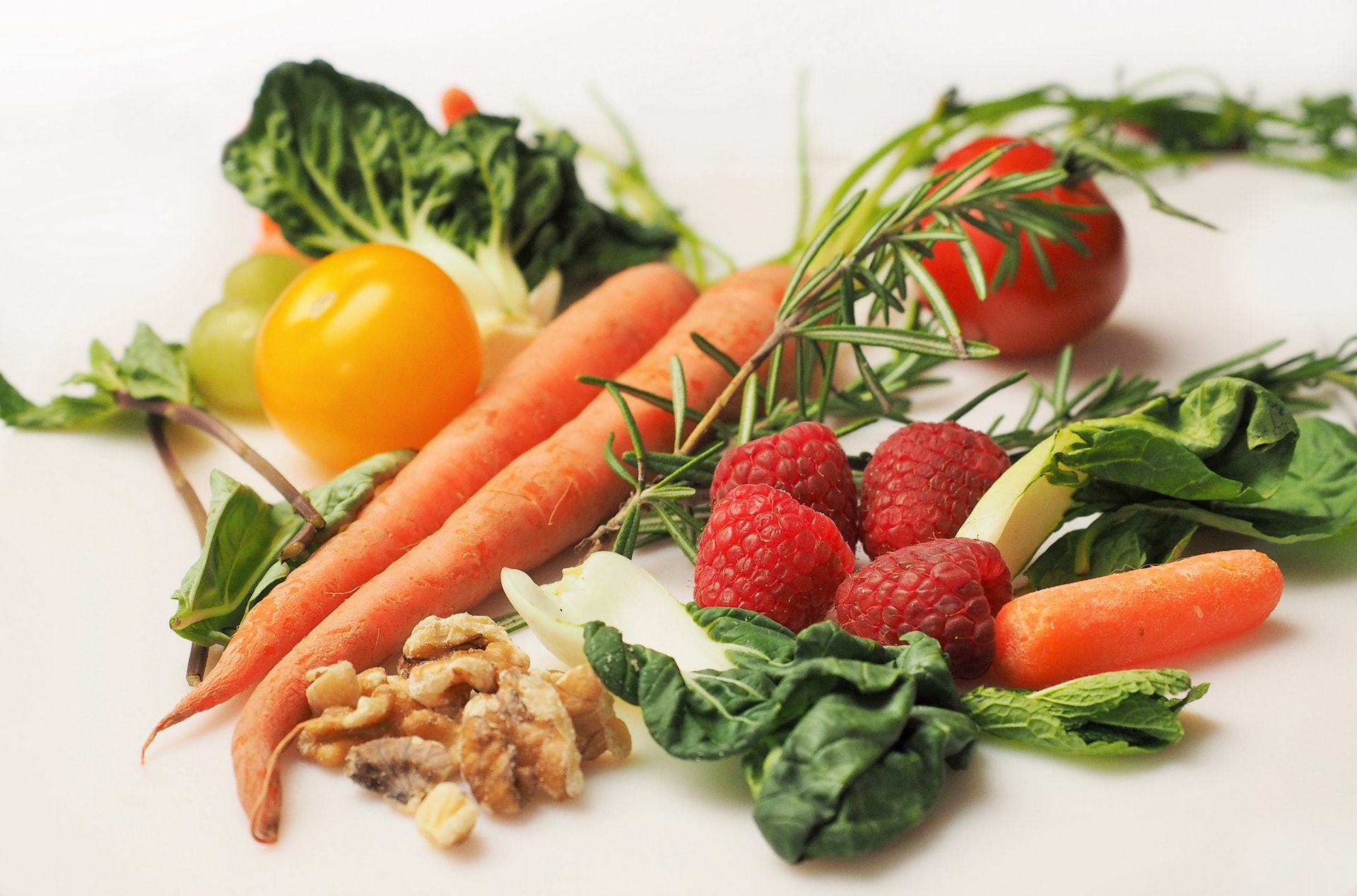
Diet for Muscle and Strength Building
When it comes to building muscle and strength, diet is just as important as your workout routine. To maximize muscle growth and enhance strength, your body needs the right fuel to repair, grow, and perform at its best. Below is a guide on the essential aspects of a diet designed to help you gain muscle mass and build strength.
1. Prioritize Protein Intake
Protein is the building block of muscle. It plays a crucial role in repairing muscle tissues after strength training and promoting muscle growth. To build muscle effectively, aim for a protein intake of 0.7-1 gram of protein per pound of body weight per day.
- Lean Meat: Chicken breast, turkey, and lean cuts of beef provide high-quality protein.
- Fish: Fatty fish like salmon, mackerel, and trout offer protein along with omega-3 fatty acids, which support muscle recovery.
- Eggs: A complete source of protein that is rich in essential amino acids, making them ideal for muscle growth.
- Dairy: Greek yogurt, cottage cheese, and milk provide protein along with calcium, which is beneficial for bone health.
- Plant-Based Proteins: For those following a vegetarian or vegan diet, beans, lentils, tofu, and quinoa are excellent sources of protein.
Example: A 150-pound person should aim for about 105-150 grams of protein per day. This could be spread across meals, like 30 grams at breakfast (e.g., eggs and Greek yogurt), 30 grams at lunch (e.g., chicken breast), 20 grams for a snack (e.g., protein shake), and 40 grams at dinner (e.g., salmon and quinoa).
2. Carbohydrates for Energy
Carbohydrates are your body’s primary source of energy, especially during intense workouts. Consuming enough carbs ensures that your muscles have the fuel they need to perform and recover efficiently. This helps preserve protein for muscle-building rather than using it for energy.
- Complex Carbohydrates: Choose whole grains, brown rice, quinoa, oats, and whole wheat pasta. These carbs digest slowly, providing a steady release of energy.
- Fruits and Vegetables: They provide essential vitamins, minerals, and antioxidants that support recovery and overall health.
- Starchy Vegetables: Sweet potatoes, potatoes, and squash are good options for replenishing glycogen stores after a workout.
Timing Matters: Eating carbs before your workout provides the energy for performance, while consuming them afterward helps replenish glycogen stores and speed up muscle recovery. A balanced post-workout meal should include both protein and carbohydrates.
Example: Pre-workout, try a banana with peanut butter for quick energy. Post-workout, have a balanced meal like a chicken wrap with whole wheat tortilla and vegetables.
3. Healthy Fats for Hormone Production
Fats are essential for maintaining optimal hormone levels, including testosterone, which plays a crucial role in muscle growth. They also provide a concentrated source of calories, which is important if you’re aiming for a caloric surplus.
- Monounsaturated Fats: Avocados, olive oil, and nuts are rich in heart-healthy fats.
- Polyunsaturated Fats: Fatty fish, walnuts, and flaxseeds provide omega-3 fatty acids, which have anti-inflammatory properties that help with muscle recovery.
- Saturated Fats: While these should be consumed in moderation, foods like full-fat dairy and eggs can be included as part of a balanced diet.
Example: Add a tablespoon of olive oil to your salad or cook with coconut oil for added calories. A handful of almonds or walnuts can make for a great high-fat snack.
4. Maintain a Caloric Surplus
To build muscle mass, you need to consume more calories than you burn. A caloric surplus ensures that your body has enough energy to build new muscle tissue. Aim for a modest surplus of 250-500 calories per day. This approach allows for muscle gain without excessive fat accumulation.
- Calculate Your Caloric Needs: Use an online calculator to estimate your Total Daily Energy Expenditure (TDEE), then add 250-500 calories to this number to create your daily intake target.
- Track Your Progress: Monitor your weight and muscle measurements to ensure you’re gaining muscle at a steady rate. Adjust your calorie intake if progress stalls.
Example: If your TDEE is 2,500 calories, aim for 2,750-3,000 calories per day for muscle growth.
5. Stay Hydrated
Hydration is crucial for muscle function, digestion, and overall performance. Dehydration can impair muscle recovery and decrease strength during workouts.
- Water: Aim for at least 8-10 cups of water per day, and increase your intake if you’re sweating heavily during workouts.
- Electrolytes: Include a source of electrolytes, such as coconut water or a pinch of salt in your water, especially if you engage in long or intense training sessions.
Example: Drink a glass of water first thing in the morning, sip throughout the day, and hydrate before, during, and after your workouts.
6. Timing Your Meals
Strategic meal timing can enhance muscle recovery and optimize performance:
- Pre-Workout: Eat a balanced meal containing protein and carbs about 1-2 hours before training. This provides fuel for your muscles and can improve workout performance.
- Post-Workout: A combination of protein and carbs within 30-60 minutes after your workout helps jumpstart the muscle recovery process. Aim for 20-30 grams of protein and 40-60 grams of carbs.
- Before Bed: Consuming a slow-digesting protein, like casein found in cottage cheese, before bed can help provide a steady supply of amino acids throughout the night.
Example: After a workout, have a protein shake with a banana, or enjoy a meal like grilled chicken with brown rice and vegetables.
7. Supplements for Muscle and Strength
While whole foods should be your primary source of nutrients, certain supplements can help fill gaps in your diet:
- Whey Protein: An easy way to increase protein intake, especially if you struggle to meet your needs through food alone. It’s quickly absorbed, making it ideal for post-workout.
- Creatine: One of the most well-researched supplements for strength and muscle gains. Creatine can improve energy levels during high-intensity workouts and support muscle recovery.
- Branched-Chain Amino Acids (BCAAs): These are useful if you train fasted or go long periods without eating, as they can help prevent muscle breakdown.
- Multivitamins and Fish Oil: They provide essential micronutrients and omega-3s that support overall health and recovery.
Example: Take 5 grams of creatine monohydrate daily, and have a whey protein shake post-workout.
Sample Meal Plan for Muscle and Strength Building
Here’s a sample daily meal plan to help you get started:
-
Breakfast:
- 3 scrambled eggs with spinach
- 1 cup of oatmeal with mixed berries and a drizzle of honey
-
Snack:
- Greek yogurt with a handful of almonds
-
Lunch:
- Grilled chicken breast with quinoa and steamed vegetables
- 1 avocado for healthy fats
-
Pre-Workout:
- Whole wheat toast with peanut butter and a banana
-
Post-Workout:
- Protein shake with 1 scoop of whey protein and 1 cup of milk
- Apple or orange for carbs
-
Dinner:
- Baked salmon with sweet potato and asparagus
-
Before Bed:
- Cottage cheese with a spoonful of natural peanut butter
This plan ensures that you’re getting the right mix of protein, carbs, and fats to support muscle growth and strength gains.
Final Thoughts
Building muscle and strength requires a well-balanced diet that provides the necessary nutrients for recovery and growth. Focus on a diet rich in protein, complex carbohydrates, and healthy fats, and maintain a caloric surplus to fuel your gains. Combined with a consistent training regimen, these dietary principles will help you reach your strength and muscle-building goals. Happy training!





